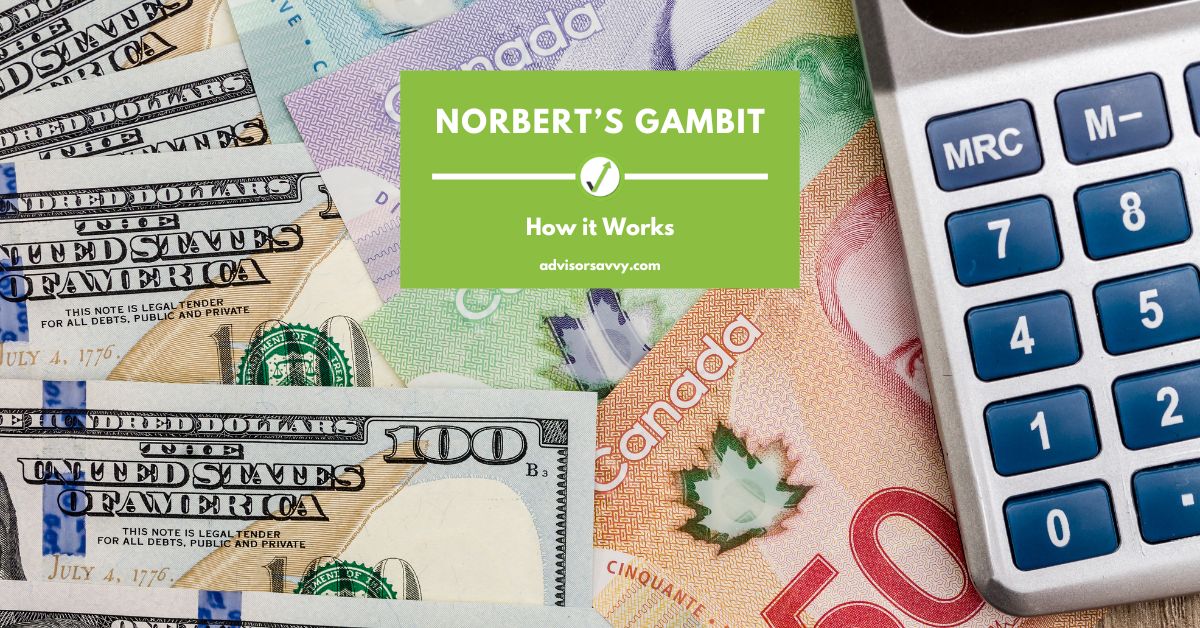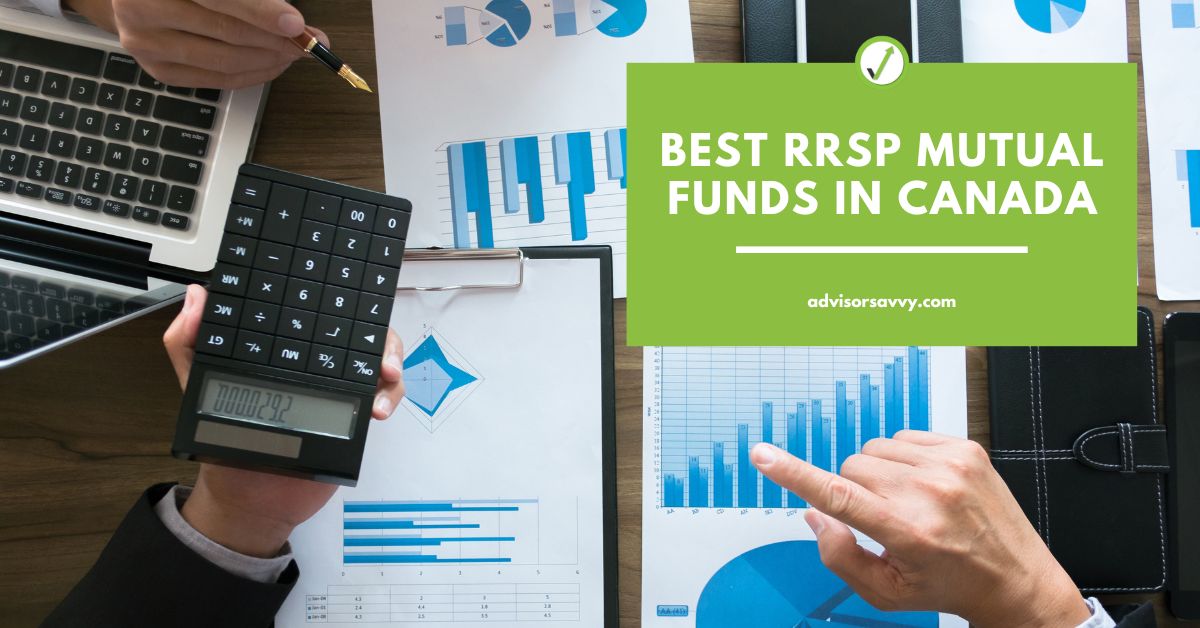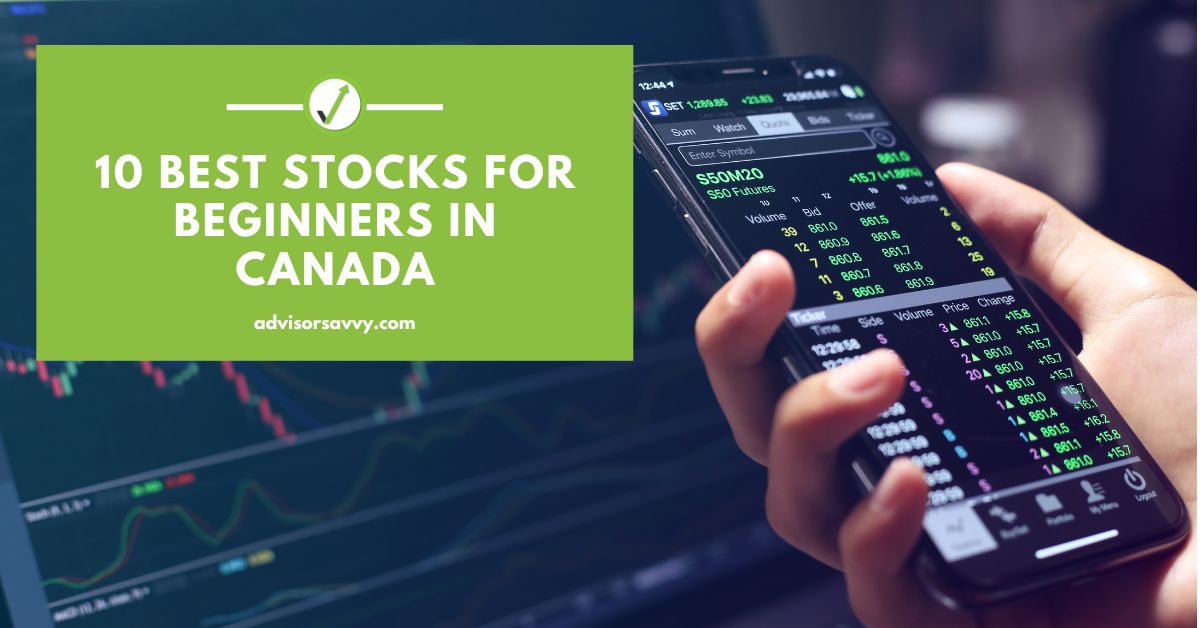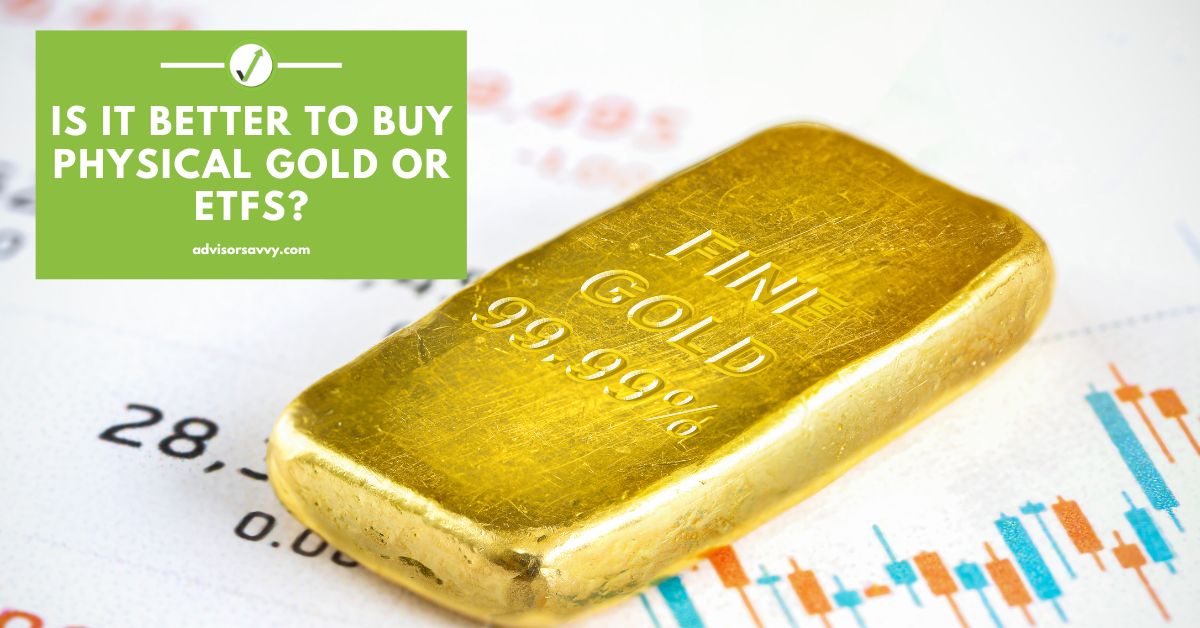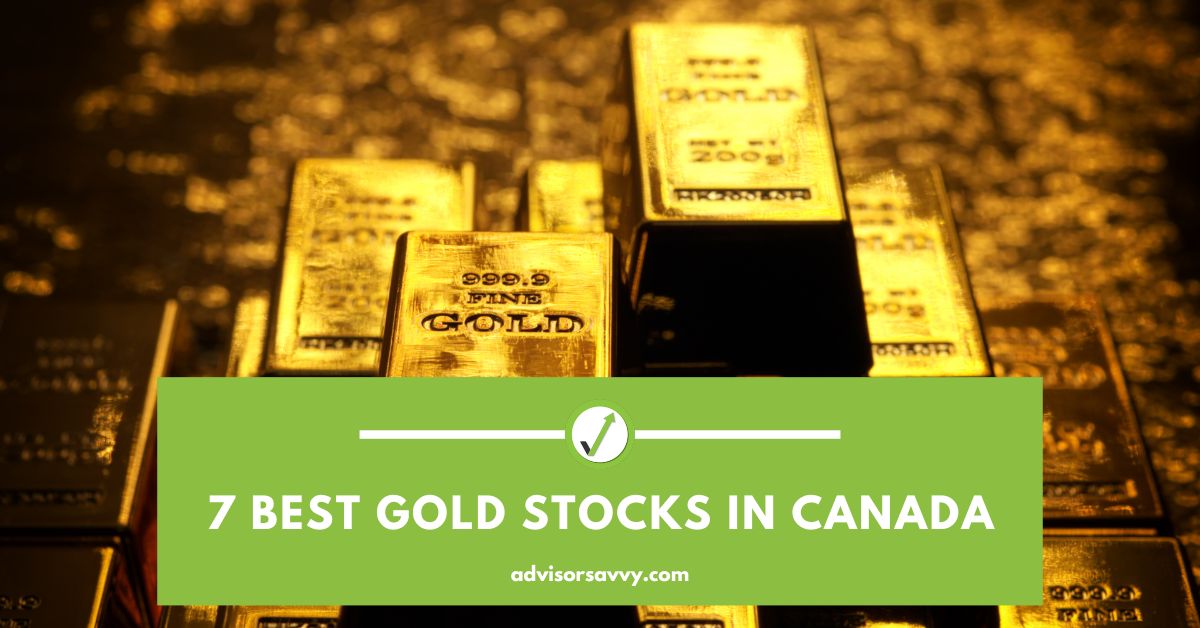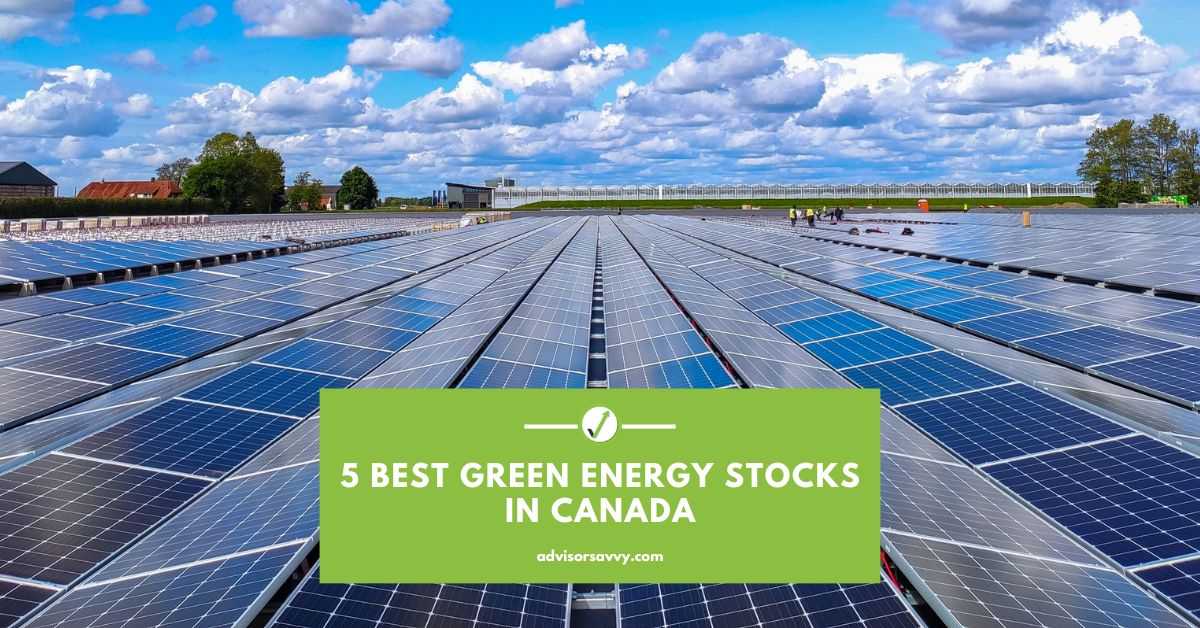Tax Efficient Mutual Funds Canada
Sometimes, when people hear about earnings, finance, savings, and investments, they get nervous because of one thing — Taxes! They can be that scary, probably because they’re unavoidable and hard to calculate. A study showed the average Canadian family pays over 40 percent of their income on taxes.Don’t want to be a part of this statistic? We don’t blame you. So, is it possible to get tax efficient mutual funds in Canada?Of course, it is. If you want to invest in mutual funds, but the fear of taxes is holding you back, this article is for you. Below, we’ll look at various tax efficient mutual funds in Canada and how you can add them to your portfolio today. Why Does Tax Efficiency Matter With Mutual Funds? Tax efficiency is not just important for mutual funds. It cuts across every form of income and savings plan. Imagine you calculate your gross income and arrive at a huge amount, only to deduct
Continue reading




